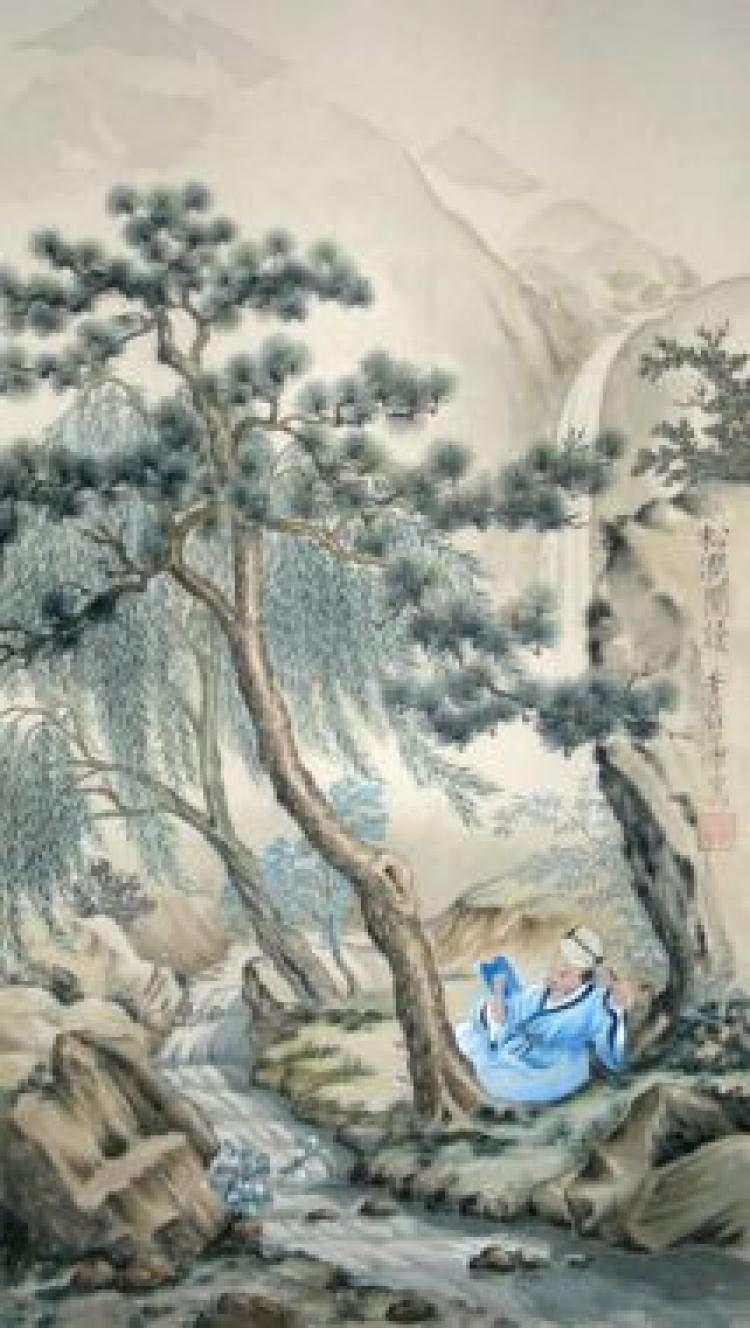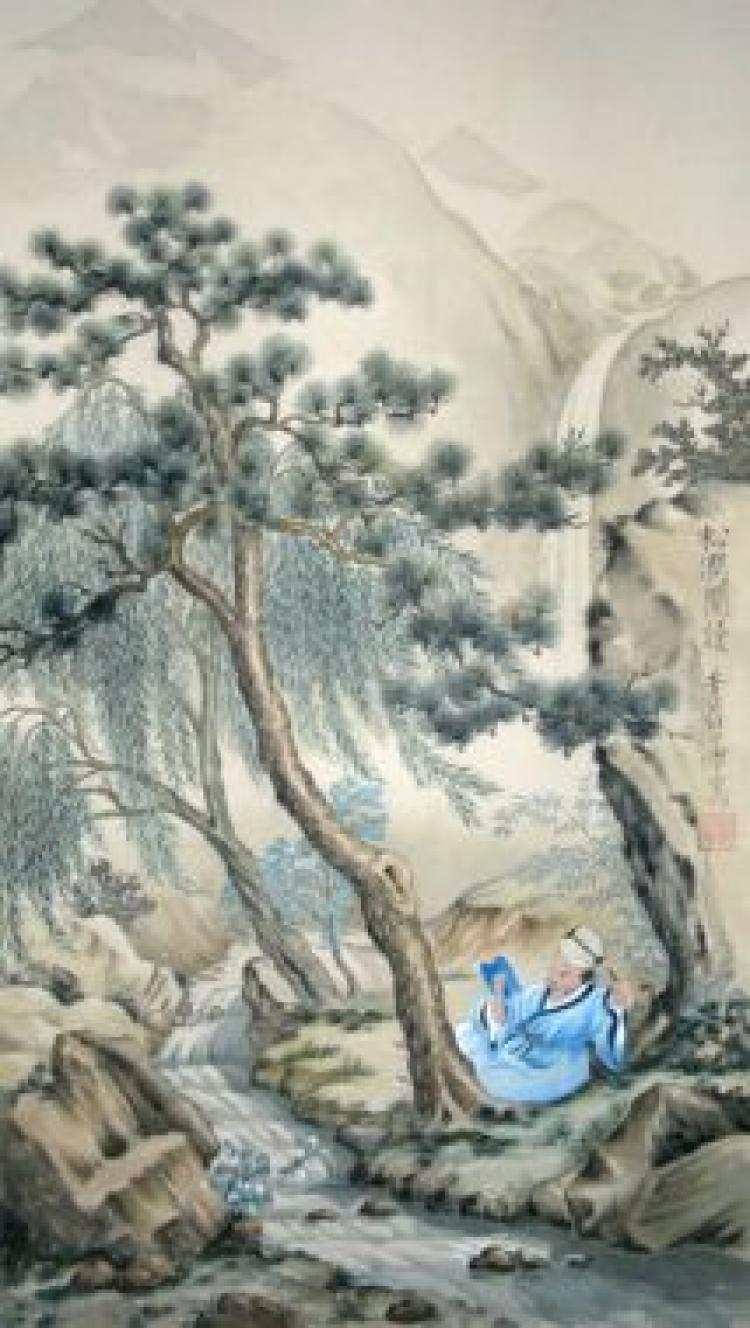Confucius spoke well of him, saying, “His words reflect the highest moral principles; his actions are well-considered.”
As community adviser, Liuxia Hui was also the judge; thus his own conduct was of great importance for carrying out his duties responsibly.
For Liuxia, honesty was of paramount importance. When necessary, he never hesitated to punish someone, even if the person held high office or had an influential position.
At the same time, he demonstrated great compassion toward others. Although he was merely a minor official, his excellent reputation spread far and wide.
In those times, the well-being of a city-state was determined by the worth of its possessions, and objects of value thus carried great symbolism.
Once, the State of Qi attacked the State of Lu to obtain a prized bronze vessel. But when the king of Lu was obliged to turn it over, feeling pressured, he gave away only a counterfeit one.
Recognizing the deception, the king of Qi sent the fake vessel back. “Only if Liuxia himself will declare the vessel to be genuine will I be convinced,” he declared.
Upon receiving the message, the king of Lu went to Liuxia and pleaded with him for assistance in the matter.
Luixia replied, “Your majesty, you wanted to give the Qi king a counterfeit object to avert disaster for his nation. But I cannot avert my eyes from the principles of the truth to avert a disaster for your own nation.”
And so it was that the Qi king received the genuine bronze vessel from the king of Lu.
There is an ancient Chinese saying: “Without an honest and trustworthy character, a man cannot persevere in this world.”
Mencius (385–204 B.C.), considered second in importance to Confucius in Chinese history, characterized Liuxia as follows: “When narrow-minded people heard of Liuxia, they became magnanimous; and when those lacking compassion heard of him, they became compassionate.”







